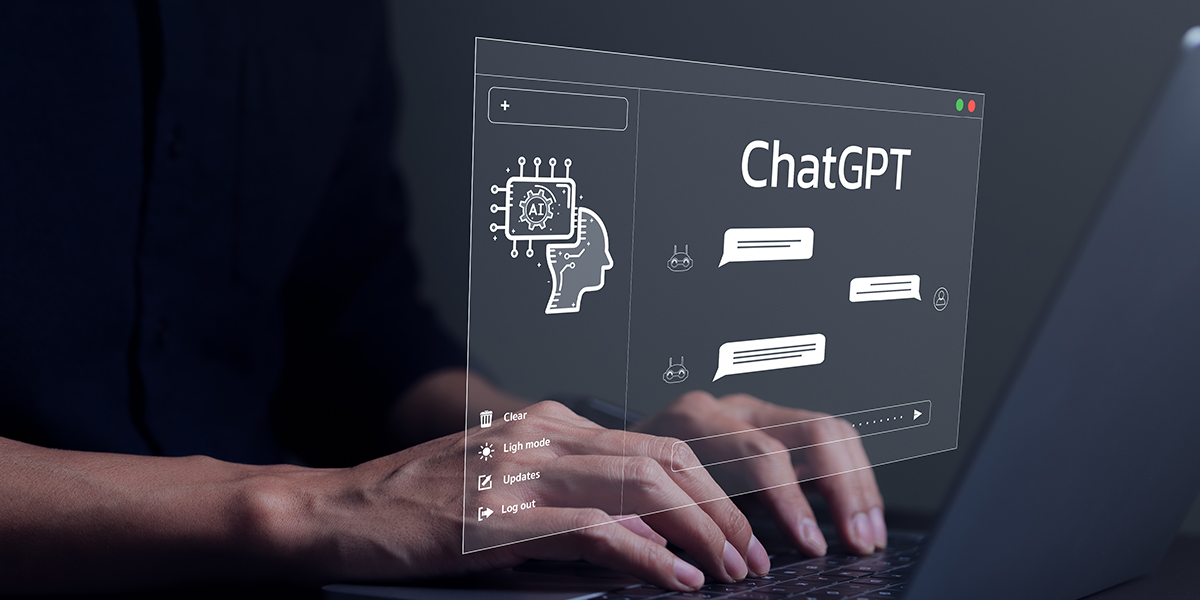On September 3, 2025, ChatGPT, the popular AI chatbot developed by ,[object Object],, experienced a significant global outage, disrupting the service for hundreds of users worldwide. According to Downdetector, an internet outage tracking website, the disruption began around 11 a.m., with many users reporting problems accessing both the chatbot and the ,OpenAI, website. The issue affected not only the web interface but also the mobile app versions on iOS and Android platforms. Users experienced error messages such as "network error" and "ChatGPT not displaying responses," which prevented them from completing their tasks. The outage lasted for several hours, with some users noting gradual improvement by mid-afternoon, but a portion of users still faced issues throughout the day.
This service disruption caused widespread frustration among users who rely on ChatGPT for writing assistance, research, coding help, and various business purposes. Users took to social media platforms, especially X (formerly Twitter), to express their annoyance and share memes about the outage, humorously lamenting having to "use their own brain" or write manually without AI assistance. Several users reported difficulties logging in and maintaining sessions, which led to repeated error messages and interrupted workflows. The outage was unusual in its scope, impacting millions of people across different regions including India, the US, and the UK. Despite the severity, ,OpenAI, had not released an official explanation immediately, only confirming that engineers were investigating the elevated error rates.
ChatGPT outages are not unprecedented; the AI service has faced multiple disruptions in recent times. Earlier in 2025, the platform experienced major outages in January, February, and repeated brief interruptions at the start of September prior to this incident. These outages varied in duration from several minutes to over three hours, affecting users globally in key markets such as Spain, Argentina, the US, and India. While ,OpenAI, maintains an impressive overall uptime, the recurring nature of these failures has raised concerns about the platform's resilience, especially given the growing reliance on AI tools for academic, professional, and creative work. Historically, these service interruptions have been resolved within a few hours, but users have expressed frustration with the lack of detailed communication about root causes.
During the downtime, users seeking alternatives to ChatGPT have turned to other AI chatbots that remained operational. Popular alternatives include ,[object Object],, ,[object Object],, ,[object Object],, Jasper Chat, and Perplexity AI, each offering distinct features such as SEO optimization, image generation, and research capabilities. These platforms have experienced increased traffic as users scramble to maintain productivity while ChatGPT’s services are unavailable. Meanwhile, ,OpenAI, continues work to restore full functionality and reassure users with ongoing updates about the status of the service. This outage underscores both the incredible popularity and critical dependence on AI chat technologies in modern digital life, alongside the challenges of maintaining large-scale AI infrastructure.


